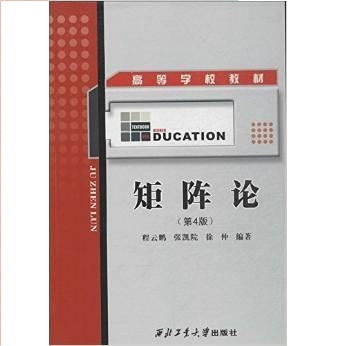Space-time adaptive processing (STAP) is one of the most effective approaches to suppressing ground clutters in airborne radar systems. It basically takes two forms, i.e., full-dimension STAP (FD-STAP) and reduced-dimension STAP (RD-STAP). When the numbers of clutter training samples are less than two times their respective system degrees-of-freedom (DOF), the performances of both FD-STAP and RD-STAP degrade severely due to inaccurate clutter estimation. To enhance STAP performance under the limited training samples, this paper develops a STAP theory with random matrix theory (RMT). By minimizing the output clutter-plus-noise power, the estimate of the inversion of clutter plus noise covariance matrix (CNCM) can be obtained through optimally manipulating its eigenvalues, and thus producing the optimal STAP weight vector. Two STAP algorithms, FD-STAP using RMT (RMT-FD-STAP) and RD-STAP using RMT (RMT-RD-STAP), are proposed. It is found that both RMT-FD-STAP and RMT-RD-STAP greatly outperform other-related STAP algorithms when the numbers of training samples are larger than their respective clutter DOFs, which are much less than the corresponding system DOFs. Theoretical analyses and simulation demonstrate the effectiveness and the performance advantages of the proposed STAP algorithms.
翻译:空间-时间适应处理(STAP)是遏制空载雷达系统地面扰动的最有效方法之一,它基本上采取两种形式,即全面分散的STAP(FD-STAP)和减少分散的STAP(RD-STAP)等,基本上采取两种形式,即全面分散的STAP(FD-STAP)和减少分散的STAP(RD-STAP)等。当混合的培训样本数量少于其各自系统自由度的两倍时,FD-STAP和RD-STAP的性能由于不准确的估计而严重下降。为了在有限的培训样本中提高STAP的性能,本文件用随机矩阵理论(RMT)发展了STAP的理论(RMT-STAP)来发展STAP(RMT-RMAT)的性能分析,通过优化的消化和噪音变异性矩阵(CNCMM)来获得估计。




